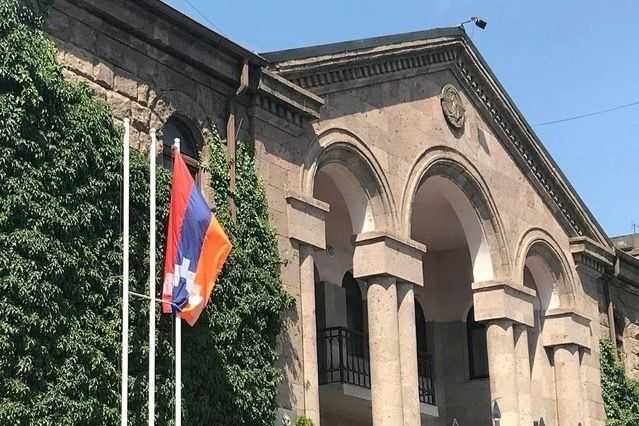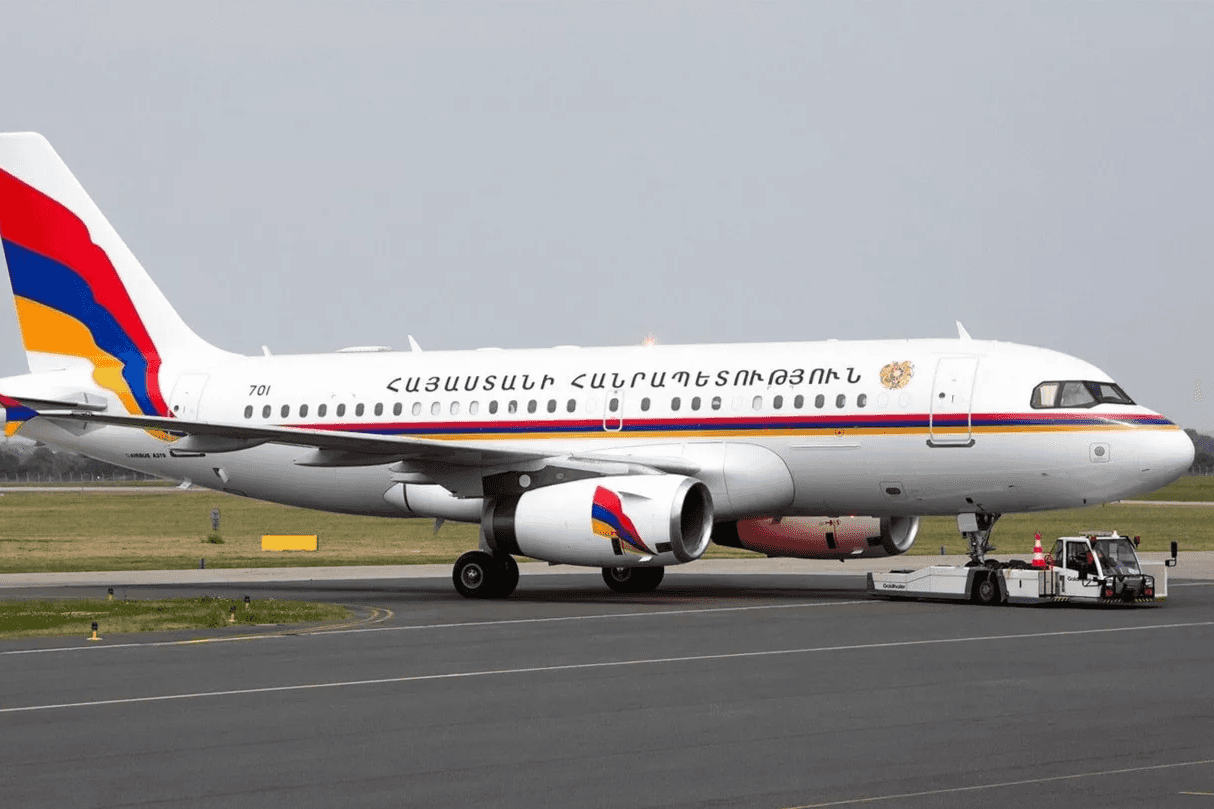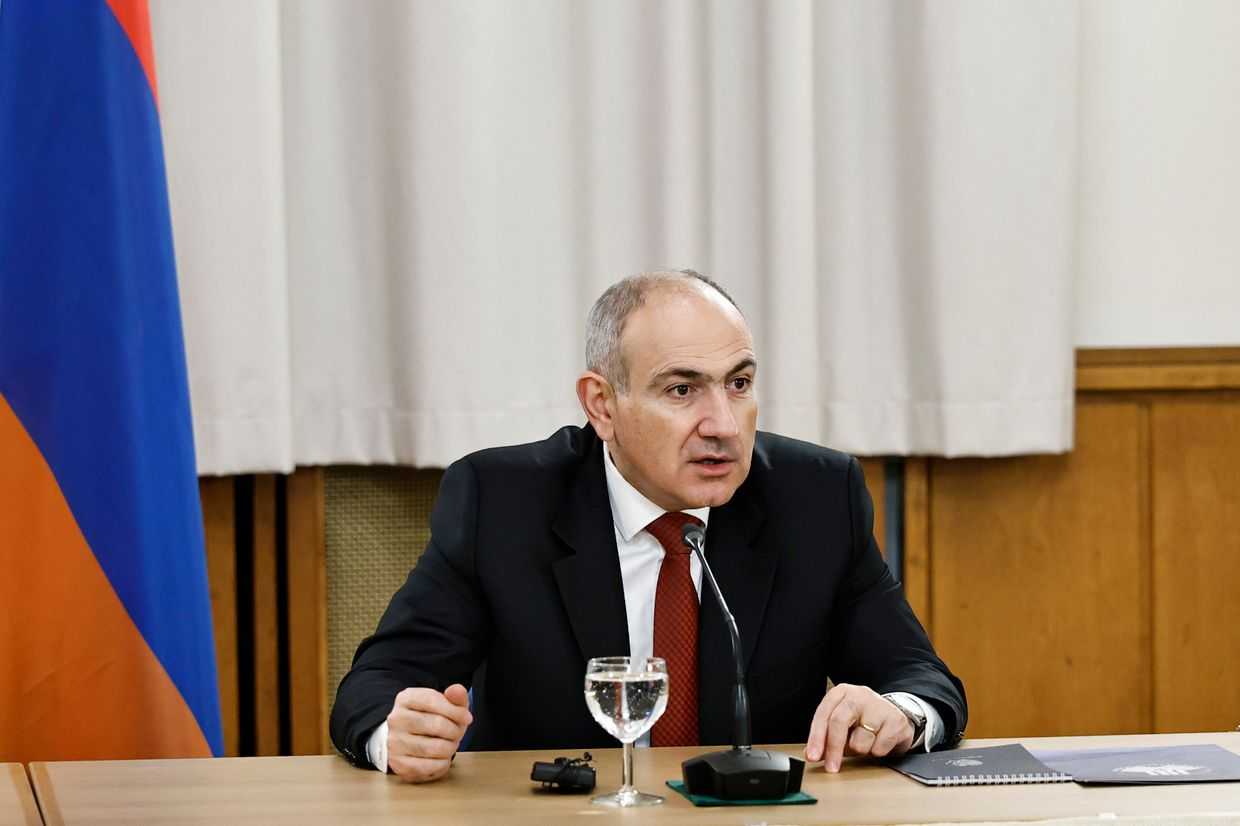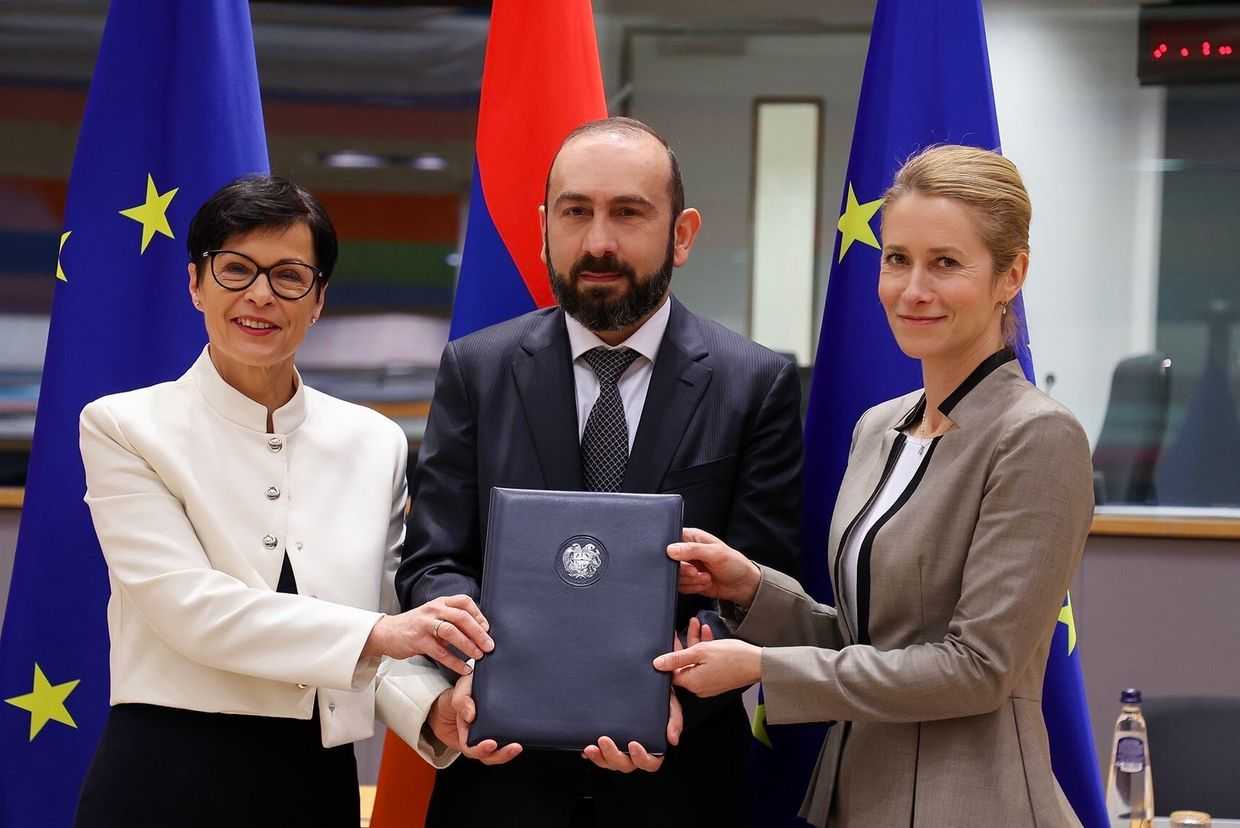
New year’s celebrations in Yerevan, Baku, and Stepanakert took on a sombre mood this year as families mourned friends and relatives killed in the Second Nagorno-Karabakh War.
Local residents gathered at military cemeteries in Terter, Barda, Aghjabadi, Aghdam, and Ganja in Azerbaijan to release sky lanterns with the names of soldiers that died in the fighting.
Lanterns were also released in cemeteries in Yerevan and Stepanakert, and a memorial concert took place in Yerevan’s Yerablur Cemetery․
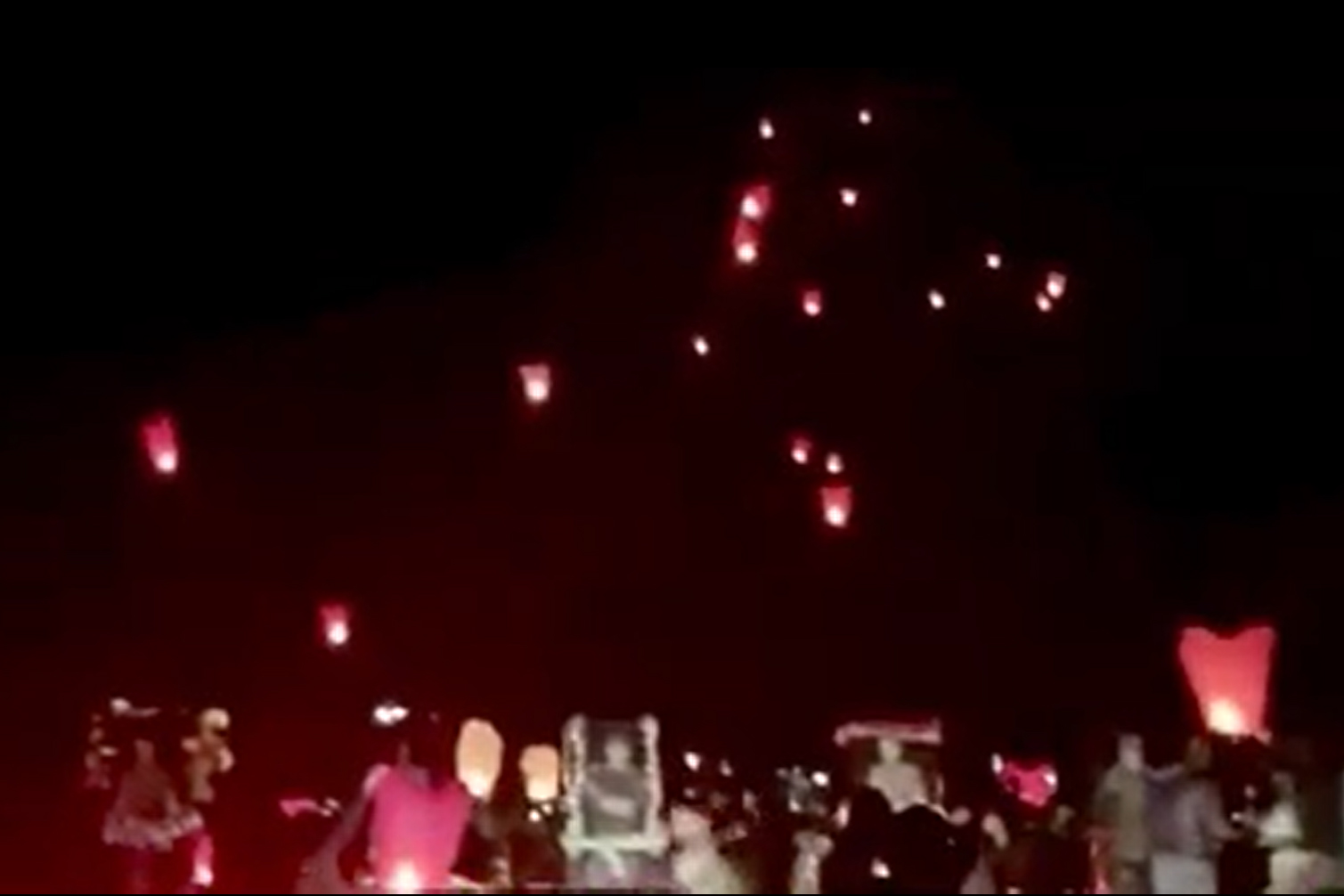
Over 6,300 people perished in the 44-day war that broke out on 27 September, including at least 165 civilians.
In November, Yerevan Municipality announced that ֏100 million ($210,000) earmarked for New Year celebrations was to be redirected to help rebuild Stepanakert, which came under heavy bombardment throughout the war. Shortly after, it was reported that the city will ring in the new year with no decorations or celebrations at all.
The only events not to face public reproach were those organised for the children of refugees or for those who died in the war. Several such events were organised by officials and individuals or volunteer groups.
Azerbaijan saw five days of public holidays from 31 December to 4 January to mark the new year and International Solidarity Day of Azerbaijanis.
The Ministry of Internal Affairs warned before the holidays that mass gatherings were strictly prohibited under the country’s quarantine regime. The police and Interior Ministry troops conducted several raids in areas where a strict quarantine regime was in place.
National addresses
The new year was ushered in with speeches by political leaders in Armenia, Azerbaijan, and Nagorno-Karabakh, though of vastly different tones.
In a half-hour televised address to the nation, Azerbaijani President Ilham Aliyev congratulated Azerbaijanis on their ‘historic victory’.
‘Great things await us in the future, a new era begins for our country, a period of construction, development, and restoration of our lands. the period will be a glorious period’, he said.
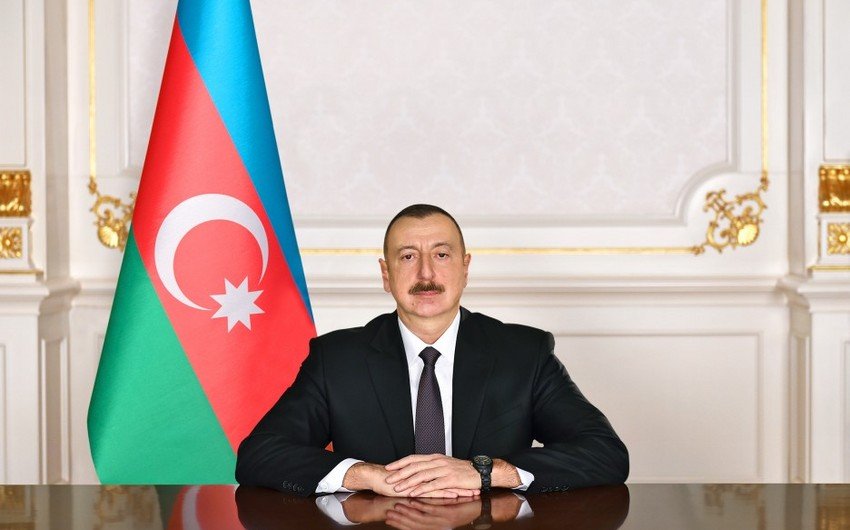
He again slammed the negotiation process following the first war, repeating that the international community had insisted that there was no military solution to the conflict and that he should accept the status quo. He repeated several times that this was not acceptable for Azerbaijan.
He also reserved words for Armenians, stating that ‘if someone lives in Armenia today with an urge for revenge, they are making a big mistake’.
‘Azerbaijan defeated Armenia. The whole world saw it’, he said.
Vice President and First Lady Mehriban Aliyeva also congratulated Azerbaijanis via her Instagram account. ‘The unshakable unity, solidarity, determination and will of our people played an exceptional role in achieving this victory. May the unity that enables us to succeed in all matters be strengthened day by day!’, she wrote.
In his speech to the Armenian nation, Prime Minister Nikol Pashinyan attempted to inspire people to work together, calling for the nation to make 2021 a year of labour, and a ‘year of striving, where working hard and creating added value should be the primary task’.
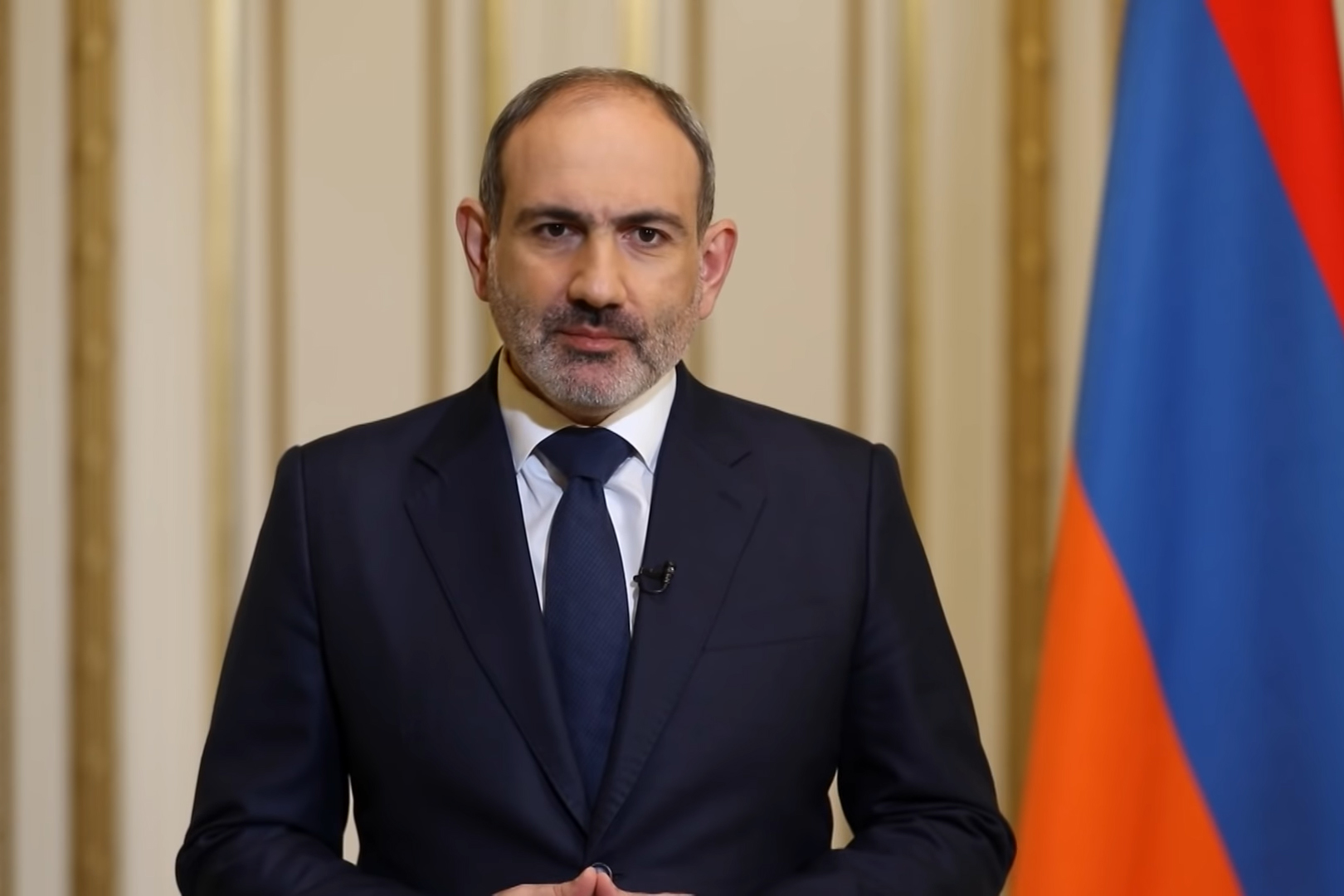
President Armen Sarkissian addressed the government urging them to ‘exert all efforts to ascertain the destiny of the missing and to quickly return all the captives and hostages home’.
‘The state and the government must ensure the protection and security of the inhabitants and communities of the country’s borders and border zones,’ the president said.
Despite the sombre mood, political machinations continued on the night of 31 December. In an unprecedented move, three opposition-backed TV channels did not broadcast the prime minister’s annual speech.
Instead, the channels broadcasted speeches by Sarkissian as well as of Vazgen Manukyan, the opposition candidate for Prime Minister.
For ease of reading, we choose not to use qualifiers such as ‘de facto’, ‘unrecognised’, or ‘partially recognised’ when discussing institutions or political positions within Abkhazia, Nagorno-Karabakh, and South Ossetia. This does not imply a position on their status.



